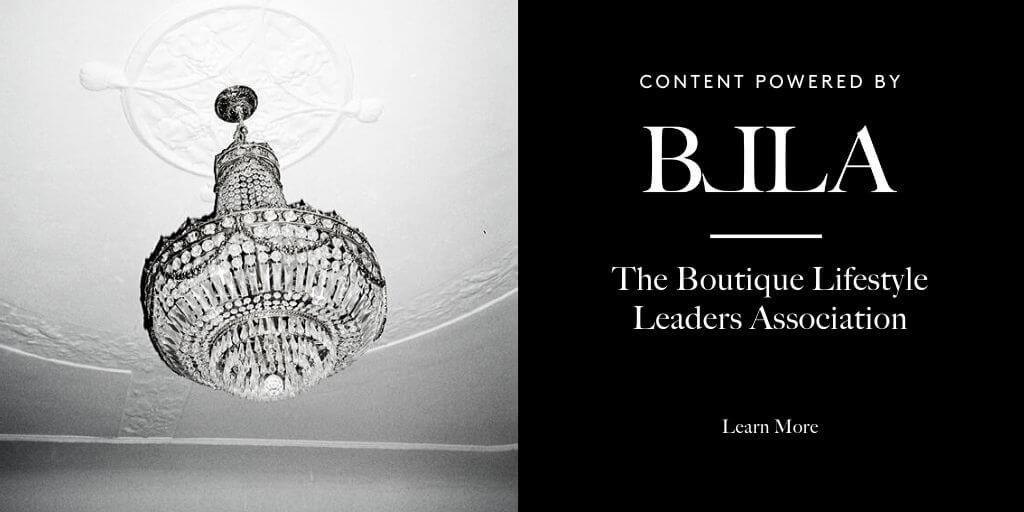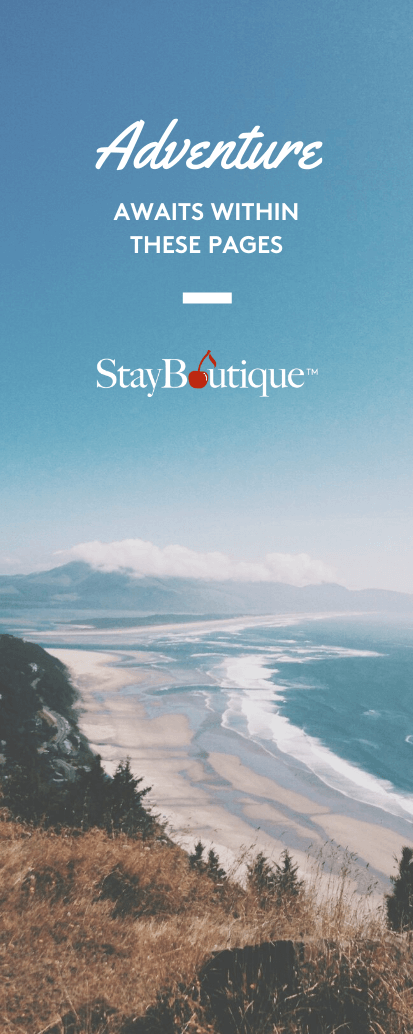A Guide Amidst COVID-19
Written by SUITELIFE Underwriting Managers
As COVID-19 continues to unfold, it seems like very little is within our control right now. How do we prepare for a world co-existing with this virus that until recently, didn’t exist? Let us offer some positive news. The hospitality industry is no stranger to dealing with catastrophic events and evolving risks. We’ve seen wildfires, hurricanes, and active shooters; we’ve worked to keep our locations free of legionella, cryptosporidium, and many other viruses, the list goes on. Whenever a new risk is presented, we learn from it and adapt, like we always have.
What can you do now to prevent COVID-19 at your location and ensure that your staff and guests are able to enjoy a safe environment? Below we have compiled some recommendations, noting that this list is not exhaustive and these recommendations are subject to change as we continue to learn more about the virus and prevention efforts. Please refer to the CDC, WHO, OSHA and other national safety organizations for the latest updates and changes.
Best practices for keeping your employees safe
– Communicate to all staff daily on your COVID prevention plan, any changes to operations or procedures. – Monitor staff prior to starting shift for any signs of illness. – Stress Hygiene. Ensure staff is washing hands with soap and water regularly, post CDC signage in public and staff areas on ways to prevent spreading the virus.
– Make sure you provide your staff with the necessary training and supplies to adhere to these best practices ex. Gloves, cleaning material, etc.
– Follow social distancing of six as recommended by the CDC. – Avoid touching eyes, nose and mouth with unwashed hands.
– Ensure staff stays at home if they are ill or a family member is ill.
– Ensure you have a record-keeping log of staff and guests for a minimum of 90 days to identify if there was potential exposure to an infected individual. Maintain guest records, work logs, key control procedures and security tapes.
– If an employee becomes sick, have them stay at home. Ask your temp agencies and other third parties/contractors to follow the same policy. Any employee that is exhibiting signs of illness should be sent home.
– Have staff wear gloves when cleaning and ensure they are properly trained in how to use disinfectants.
– Consider staggered shifts and ensure space between employees and guests during check-in.
Keeping your location safe
– Use disinfectants approved by the EPA to use against emerging viral pathogens
– Update your housekeeping/maintenance checklist and schedule for cleaning public and guest areas. Increase the frequency of cleaning in public areas. ECOLAB currently has a great diagram of areas to clean, but this list may change as areas are added.
Here are some suggestions for each area of your hotels, which will vary by your specific location. This list contains suggestions and is not all-encompassing and you should evaluate each area of your location for areas that need to be cleaned.
Common Areas/Front of House
– Lobby, tables, phones, pens, key cards, remotes, doorknobs, water fountain handles, ATM machines and any other communal surfaces. Clean these areas frequently.
– Elevator – all surfaces/buttons should be frequently cleaned.
– Vending machines – wipe down regularly.
– Bathrooms – toilet handles, faucet handles, door handles, doors, counters should all be cleaned.
– Wipe down the registration area/desk after each guest.
– Have one employee using a phone/computer at a time. Wipe down in between use.
Administration, Office, HR, C-Suite
– Employee lockers, laundry, maintenance, offices should be cleaned frequently and shared surfaces should be cleaned after each employee use.
Housekeeping
– Wipe down Booklets, brochures, knobs, phones, alarm clocks, curtain pulls, light switches, safes, mini bar items.
– Make sure housekeeping keeps clean linens separate from dirty linens. Ensure they are wearing gloves when delivering or removing food/plates from rooms.
– Consider using disposable glass wear.
Amenities/Fitness center
– Consider reducing hours or closing recreational facilities. Surfaces need to be constantly wiped down with an approved disinfectant. Guests cannot exhibit any signs of illness to use facility. Post easy to read signage regarding social distancing. Encourage in room fitness or an outdoor walk or jog.
– At this time (3/23/20), the CDC states that there is no evidence that COVID-19 can be spread to humans through the use of pools and hot tubs. Proper operation, maintenance and disinfection should be followed.
Food and Beverage
– If your location has a restaurant, and your jurisdiction allows, consider offering curbside pickup or deliver directly to guest rooms. Avoid buffets, shared utensils, coffee pots, etc. Wipe down delivery carts after each use. You can track restaurant resources by state here.
– Consider limiting ice/snacks to a specific area of hotel so it is distributed by an employee and not accessed by each guest.
Keep your Business Continuity Updated
– Your local health conditions will impact some or all of your operations. Ensure that you are closely following the guidance of your local health department.
– Per the CDC Interim guidance for businesses, you have a role to reduce transmission, maintain healthy business operations and maintain a healthy work environment.
– If you do have a suspected case of COVID-19 exposure, follow the cleaning and disinfecting guidelines set by the CDC.
– If you do not have an emergency action plan, you can consider reviewing this plan. If you do not have an emergency action plan now is the time to create one, Ensure that you have a solid incident investigation process and forms in place in case of suspected COVID-19 exposure. Make sure all employees are trained and aware of the response procedure. Form a team to evaluate the plan and ensure that everyone knows their role at a moment’s notice. Your plan should also address emergencies such as fire, health, weather events, chemical, emergency evacuation procedures, among other important areas.
– Contact your local health department to verify the procedure to follow if a guests is showing symptoms of COVID-19. Public officials have authority to implement measures to isolate and quarantine such individuals.
– This is also the time to evaluate your Human Resource policies, especially leave policies, to make sure they are consistent with public health recommendations. These are changing frequently, so make sure to follow the guidance of the CDC and your state/local health department. Some COVID19 absences may be covered, please review the laws for your state.
– Be prepared to change business practices to maintain critical operations.
– Have alternate supply chains identified in case of supply, food, and equipment or contractor shortages.
– Share best practices among your local community to improve communication response.
– During this time of crisis, be on the lookout for phishing emails. THEY ARE ON THE RISE. Train staff on what to look for and be on alert for suspicious emails.
Keeping your guests safe while enhancing the guest experience.
– Communicate the efforts you are taking to keep your hotel safe, increased cleaning protocols, increased staff training and adherence to the rules and advice set by federal, state and local government organizations.
– Providing a clean, safe and welcoming space for your guests during this time will ensure you are seen as best in class as we navigate this new normal.
If SUITELIFE® Underwriting Managers can be of assistance while you are developing new protocols or evaluating your current procedures, please feel free to reach out to our risk management team at any time.
SUITELIFE® Underwriting Managers is a series of RSG Underwriting Managers, LLC. RSG Underwriting Managers is a Delaware Series limited liability company and a subsidiary of Ryan Specialty Group, LLC, specializing in underwriting management and other services for insurance products distributed through agents and brokers. Some products may not be available in all states or may be available only from surplus lines insurers. In California: RSG Insurance Services, LLC License #0E50879. © 2020 Ryan Specialty Group, LLC

